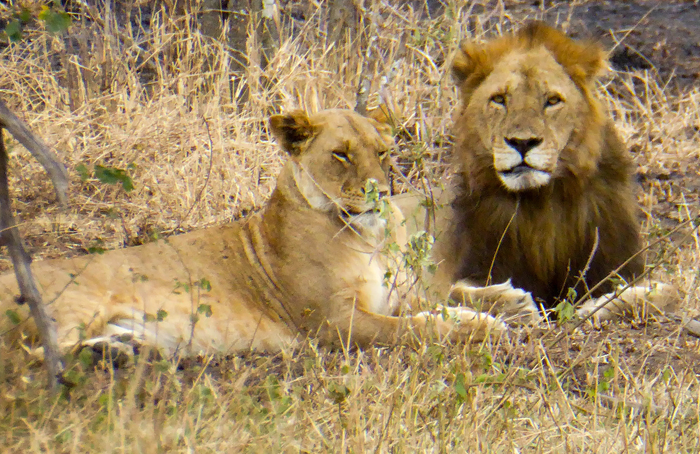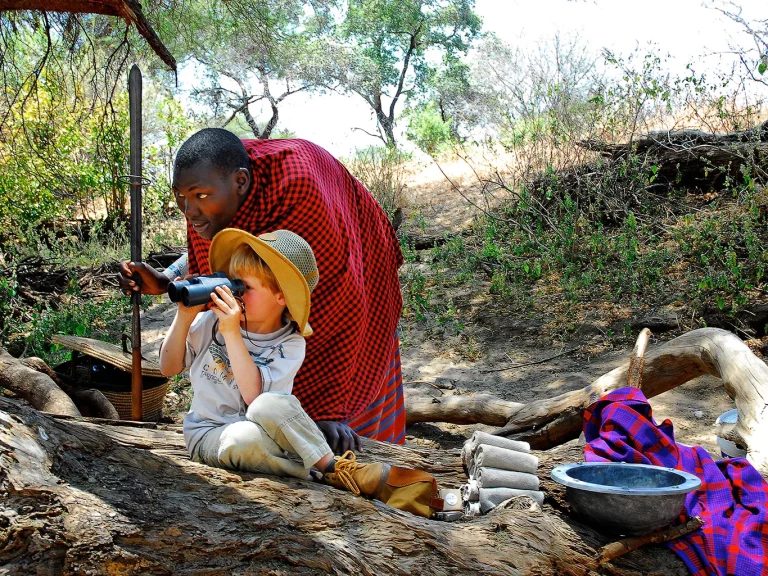New Tips On Choosing Devil666 Sites
Wiki Article
What Travel Arrangements Should I Be Aware Of Prior To A Holiday In Mombasa Kenya?
Understanding the various transportation options for Mombasa is vital to having enjoying a pleasant and memorable holiday. These are the most important transportation arrangements you should consider:
1. How do I get to Mombasa
Moi International Airport is the main air terminal serving Mombasa. It is the hub for international and national flights. Mombasa is serviced by several major airlines.
by train. The Madaraka Express, operated Kenya Railways, offers a comfortable and modern rail service that connects Nairobi with Mombasa.
By Bus: Numerous bus companies, like Modern Coast and Coast Bus, offer services between Mombasa and other major cities in Kenya.
2. Local Transportation in Mombasa
Taxis and Ride-Hailing services Taxis are readily available. Uber and Bolt provide ride-hailing options in Mombasa.
Three-wheeled vehicles, also known as tuk-tuks, are a cheap and well-known way to get around the city. They are great for short distances.
Matatus: They are shared minibuses that follow certain routes. They are the most popular mode of public transportation. They're a low-cost option, but they can be overcrowded.
Boda bodas: Motorcycle taxis provide a swift and easy way to travel especially in areas of high traffic.
3. Car Rentals
Rental services for cars are available at the airport and within the city. Car rental firms including local and international provide a variety of vehicles. Be aware of local driving regulations and traffic rules.
Chauffeur Services If you prefer not to drive, chauffeur-driven car rental services are also readily available.
4. Ferry Services
Likoni Ferry connects Mombasa to the mainland to the south of the city. The ferry is necessary to get access to the southern beaches. It is free for pedestrians. Cars pay a cost.
5. Day Trips, Excursions and Tours
Tour operators offer tours to many popular attractions like Mombasa Marine National Park Fort Jesus and nearby beaches Diani and Nyali. These tours usually include transportation.
Public Transportation: For self-contained travelers, using a combination of tuk-tuks and matatus taxis and matatus can assist in getting to various attractions.
6. Walking and cycling
Some areas offer bicycle rental, particularly along the beaches.
Walking: Walking is a possibility in some areas of Mombasa specifically in the Old Town and along the beach areas.
7. Tips for travelers
Beware of public transport that is open late at night and only make use of taxis that you know. Always be cautious with your possessions.
Negotiation is necessary for Tuk-Tuks and taxis. As meters are not common, you will need to negotiate before your trip.
Traffic: Be prepared for heavy traffic at the peak hours, particularly around the Likoni Ferry.
You can relax and hassle-free vacation in Mombasa by knowing the available transport choices. Check out the most popular mombasa safari tours for site recommendations including tour firms in kenya, kenya safari tours, kenya safaris and tours, tours and travel company in kenya, mombasa safari, tour company in kenya, safar kenya, trip tour companies, kenya beach and safari holiday, africa in kenya and more.

What Are The Culture Sensitivity Issues I Need To Be Aware Of While On Holiday In Mombasa Kenya?
To ensure respectful interactions with locals as well as enhance your travel experience, it is essential that you are culturally sensitive when you are on vacation in Mombasa. Consider these key factors:
1. Be respectful of local dress codes.
Mombasa is the home of a significant Muslim community. Dressing modestly is considered respectful, especially when in public places, in religious sites and in neighborhood areas. This includes covering knees and shoulders.
Wearing beachwear. While it's acceptable to wear swimwear at the beach itself, you may want to be sure to cover your skin before leaving the area and visiting nearby shops or restaurants.
2. Religious Sensitivity
Mosques: Ask permission before going to a mosque, and dress in modest clothing. Women should cover their hair and remove their shoes.
Prayer Times: Pay attention to the five times for prayer each day and be considerate at these times, especially if you are near a mosque.
3. Photography Etiquette
You should ask permission before taking photos, especially in rural settings or traditional settings. Some people feel uncomfortable or might think that photos are intrusive.
Restricted Areas - Do not take photographs of areas that are sensitive, like military installations and government structures.
4. Social Interactions
The manner of greeting people is crucial. Swahili uses a greeting known as "Jambo" which is also known as "Hello". Although handshakes can be common, Muslim women should wait for men to extend their hands before greeting them verbally, or waiting for them to greet them.
Personal Space: Respect the privacy of one's self and be mindful of physical contact, specifically with the other sex in a more conservative setting.
5. Cultural Standards Taboos
Public Displays The general consensus is that it is inappropriate to display affection in public.
The Left Hand should not be used. Use your right for eating, greeting and exchanging goods or money.
Feet: displaying your feet or pointing at anyone with your feet is considered rude.
6. Language and Communication
Basic Swahili. Being aware of some Swahili fundamental phrases could go a very long way towards building rapport with locals and showing respect. Common phrases include "Asante" (Thank you) as well as "Habari" (How do you feel? ).
Politeness: Be polite and patient in your communications. Kenyans appreciate respectful and courteous interactions.
7. Respect for local Customs
Respect the traditional customs and ceremonies. Follow the host's instructions when attending an event.
Bargaining is commonplace in the local market and at shops. However, it must be conducted with respect and humour. It's not a tactic to fight, but a cultural one.
8. Alcohol and Smoking
Alcohol is readily available and should be consumed in a private way. This is especially true in areas with a significant Muslim population. Beware of drinking in public.
Smoking is usually not permitted in public spaces. Smoking zones are typically identified.
9. Environmental Respect
Eliminate littering, and be mindful of disposing of waste properly. Take care to respect wildlife and natural areas.
Support conservation efforts through respect for wildlife in the local area and habitats. Avoid buying products that contain endangered species.
10. Supporting Local Communities
Local Businesses: Help local markets, businesses and craftsmen to boost the local economy.
Responsible Tourism - Pick eco-friendly options and local tourism to help local communities.
It is possible to increase your understanding of your local culture by observing these guidelines to be sensitive to culture. Check out the top rated best holiday destinations in kenya for blog tips including kenya tours and safaris, mombasa tours, kenya africa travel, safari mombasa kenya, safari company kenya, kenya tourism, mombasa tour companies, africa in kenya, kenya mombasa holiday packages, african safari kenya and more.

What Financial Planning Considerations Do I Need To Know When Holidaying In Mombasa, Kenya?
Planning your finances carefully will result in a more enjoyable and relaxing trip in Mombasa. Here are some important financial considerations you should keep in mind.
1. Budgeting
Accommodation: Prepare ahead and research your accommodation. Prices are influenced by the kind of lodging and its location.
Transportation: Include all the costs related to local and domestic transportation (taxis matatus, taxis, and taxis), as well as possible excursions.
The budget for food and dining: This includes eating out, snacks and other meals. Prices vary from cheap local eateries to premium restaurants.
Make your plans for tours and activities include the cost of entry fees, guided tours as well as other activities, such as excursions, water sports or cultural tours.
2. Rates of exchange and currency
Kenyan Shillings (KES) is the currency used in Kenya. Know the exchange rate currently in use.
Currency Exchange Exchange money at trustworthy banks and bureaus for currency. You can also exchange money at the hotel. Do not exchange your cash on the streets.
ATMs are located in Mombasa. Make sure that your credit card is compatible with withdrawals from banks that are international and verify any fees.
3. Payment Methods
Cash: Always bring cash on hand to pay for small items or tips, and also in establishments that do accept cards.
Major credit cards are accepted in hotels, restaurants as well as larger shops. Contact your bank as soon as you can about your plans so that your card is not blocked.
Mobile Payments: Mpesa is a popular mobile payment system in Kenya. You can use it to make transactions if you're looking to purchase a local SIM.
4. Save money by using these easy tips
Travel Off-Season: Traveling during the shoulder season or low-season (April through June and October to November) will save you money on airfare and lodging.
Plan your travel well in advance so you can get better rates on flights.
Local restaurants. There is a chance to enjoy a more authentic dining experience at local eateries and food stalls.
5. Tipping
Tipping is customary in Kenya. In restaurants, it's normal to leave 10% if there's no service included. If you wish, you can leave a tip for hotel staff, drivers and guides.
You can give small amounts in local currency. You can tip housekeepers KES100 or porters KES50 to 100 per bag.
6. Emergency Funds
Reserve funds: Keep an emergency cash reserve in your wallet and ensure you have access to additional funds using a credit or debit card.
Travel Insurance: Purchase a comprehensive travel insurance to cover medical emergencies as well as cancellations of trips as well as theft or loss of personal belongings.
7. Security
Hotel safes can be a good location to store valuables such as passports, cash and other. Be careful when using ATMs, particularly at night.
Avoid carrying large amounts of cash Do you carry massive amounts of cash? Split your cash and cards into a wallet and an area that is secure.
8. Local Transactions
Bargaining at local markets is very common. Be respectful and have good humor. It is important to achieve a fair cost.
Keep receipts and records for all major purchases and transactions. Budget tracking and dispute resolution may be benefited from this.
9. Understanding Fees
Check with your bank whether there are any charges associated with international withdrawals. Certain ATMs charge an additional cost for foreign-issued cards.
Currency Conversion Costs: Learn the currency conversion fees that could be imposed by your bank when you use your debit or credit cards overseas.
Think about these aspects of financial planning to control your expenses and enjoy peace of mind when you travel to Mombasa. See the top rated island snorkeling in mombasa for more recommendations including kenya tourism, trips to kenya safari, safari and tours, luxurious african safari, travel tour companies, kenya mombasa holiday packages, mombasa safari packages, africa and safari, tour company in kenya, safari company kenya and more.
